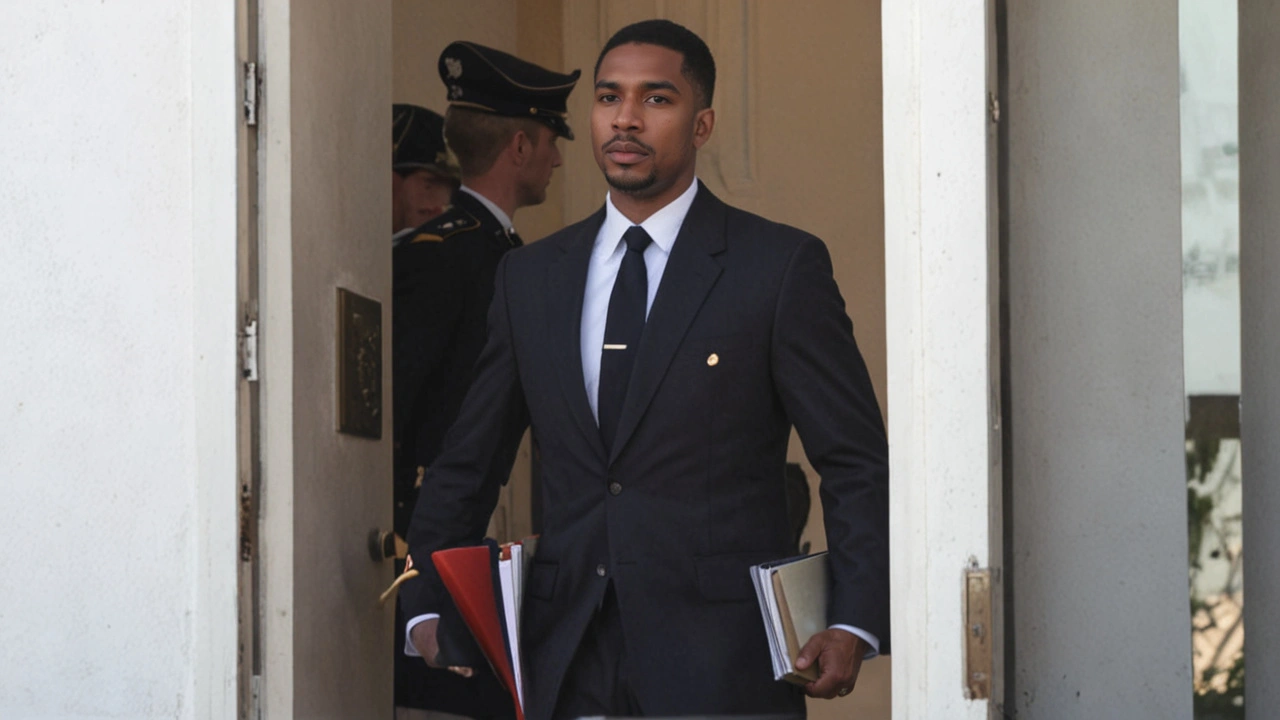French politics: quick guide to the headlines and what they mean
France rarely sits still. From big street protests to surprise voting swings, French politics shapes Europe and ripples across Africa. Here you'll find short, clear explanations of who matters, what’s changing, and why it matters to readers on the continent.
Key players and the issues you should follow
Emmanuel Macron remains a central figure, but French politics is now a crowded field. The far-right National Rally (RN) changed the debate by winning support on immigration and security. On the left, movements around social justice and the environment keep pressure on government policies. Traditional parties like Les Républicains and the Socialist Party still matter, especially in local races.
Big issues repeat themselves: pension reform and public spending, immigration and border controls, public security, and cost-of-living pressures. Strikes and demonstrations often follow controversial reforms — those events can disrupt transport, energy and services for days. Foreign policy and defense are also front-page topics, especially France’s role in the Sahel, relations with former colonies, and its stance inside the EU.
How to read the signals: polls, laws and protests
Polls show mood swings, not always final outcomes. Look for trends across several polls, not a single number. Election results matter most: legislative votes decide if the president can push laws through. Don’t confuse presidential power with parliamentary reality — a president may face a hostile assembly (called cohabitation), which changes who sets the daily agenda.
When a major reform is proposed, watch three things: government strategy, union reaction, and media coverage. If unions call big strikes and TV covers large protests, the government often has to adjust plans. For readers in Africa, that can mean shifts in aid, military cooperation, or migration policy.
Local elections are a different story. Municipal and regional votes reveal grassroots strength and often predict broader shifts before national polls do. Pay attention to turnout — low voter turnout can amplify extreme results.
Want practical tracking tips? Follow legislative calendars, check official government releases, and use reputable French polling aggregators. For on-the-ground color, look at regional press from places like Marseille, Lyon and overseas territories — those sources catch early signs of political shifts.
Africa Daily Tasks News focuses on how French decisions affect Africa: military missions, development aid, trade ties, and migration agreements. We link policy moves in Paris to real outcomes in West and Central Africa, the Indian Ocean, and the Sahel.
Curious about a specific topic or upcoming vote? Use the tag to find recent stories and deep reads. Follow this page for short updates, explainers, and quick analysis that help you make sense of French politics without the jargon.
